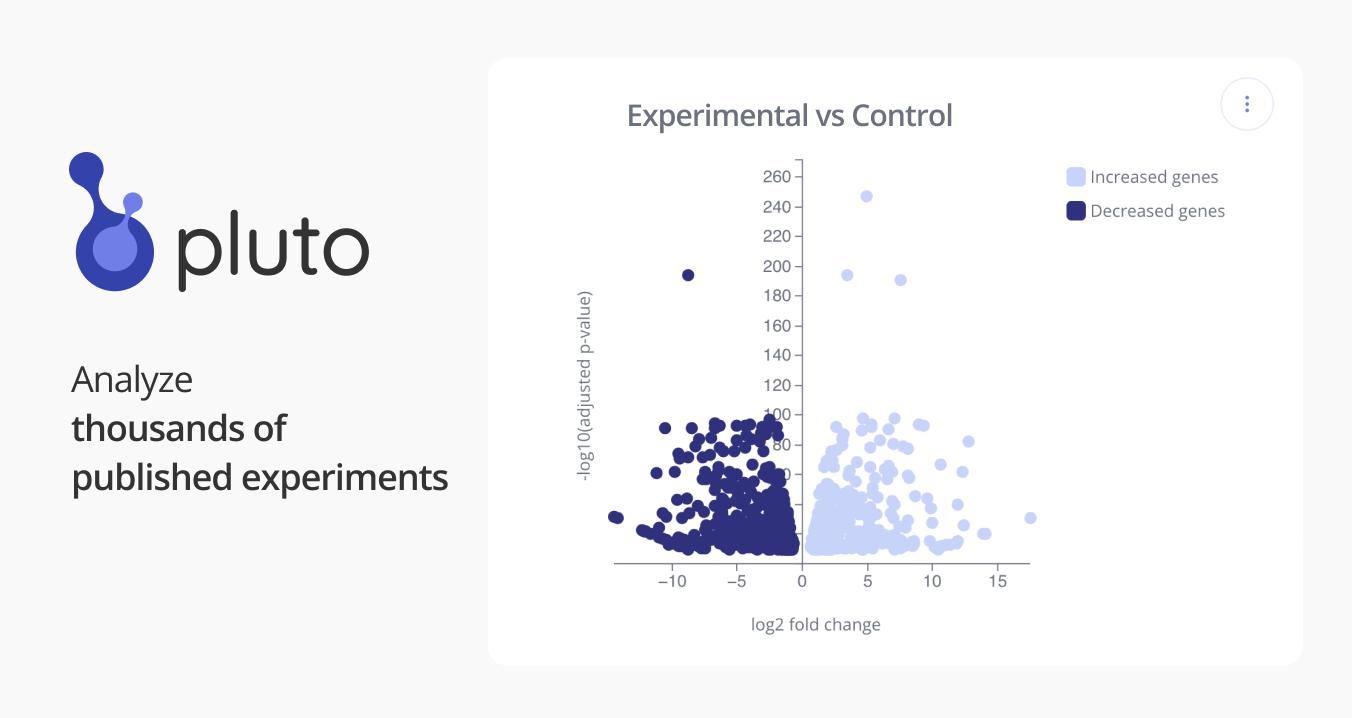Pluto Bioinformatics
GSE130595: Effect of ILF3 depletion in HeLa cells on RNA steady state levels
Bulk RNA sequencing
Upon detection of viral infections, cells activate the expression of type I interferons (IFNs) and pro-inflammatory cytokines to control viral dissemination. As part of their antiviral response, cells also trigger the translational shutoff response which prevents translation of viral mRNAs and cellular mRNAs in a non-selective manner. Intriguingly, mRNAs encoding for antiviral factors bypass this translational shutoff, suggesting the presence of additional regulatory mechanisms enabling expression of the self-defence genes. Here, we identified the dsRNA binding protein ILF3 as an essential host factor required for efficient translation of the central antiviral cytokine, IFNB1, and a subset of interferon-stimulated genes. By combining polysome profiling and next-generation sequencing, ILF3 was also found to be necessary to establish the dsRNA-induced transcriptional and translational programs. We propose a central role for the host factor ILF3 in enhancing expression of the antiviral defence mRNAs in cellular conditions where cap-dependent translation is compromised. SOURCE: Samir,Faysal,WatsonSara Macias Lab University of Edinburgh
